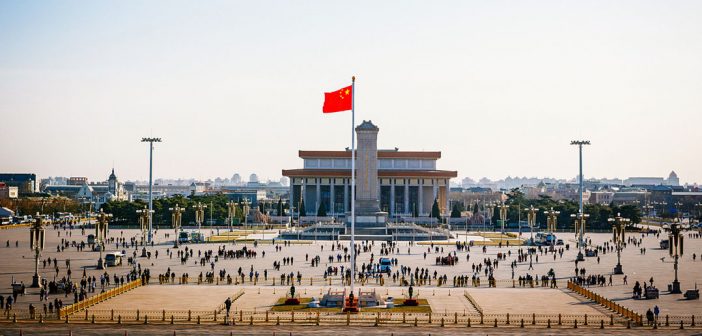Professor Carl Minzner is mentioned in a Washington Post article regarding his study of the post-Tiananmen regime in China and the long term impacts 30 years after Tiananmen Square.
The Communist Party reshuffled the top leadership, following the suppression of dissidents in Beijing and other major cities. Many liberal reformers were removed, replaced by conservatives. Many political reforms, such as introducing more intraparty competition, ended.
In one study, Fordham legal scholar Carl Minzner and I show that the post-Tiananmen regime in China has become more repressive, reflected in the heightened power of police chiefs and skyrocketing police spending. Over the last three decades, the Chinese domestic security apparatus expanded dramatically. “Stability maintenance” — a government euphemism for repressing collective protests — became a top priority for local Chinese authorities.
Government authorities harass, detain and arrest individuals they deem a threat to the regime and vast numbers of government and informally recruited personnel keep watch over selected political dissidents, citizen activists and public interest lawyers. The recent crackdown on Uighurs — an ethnic minority concentrated in Xinjiang — suggests that China has almost become a police state.




